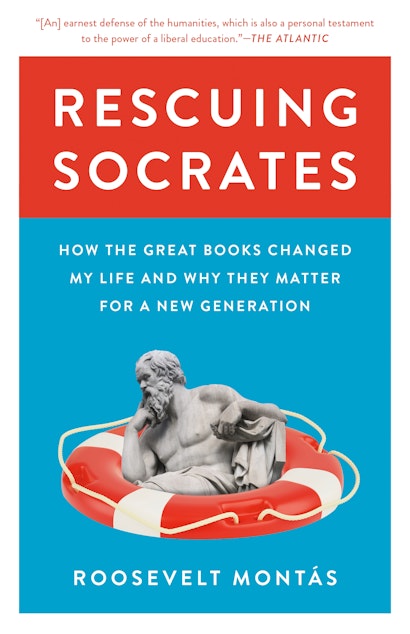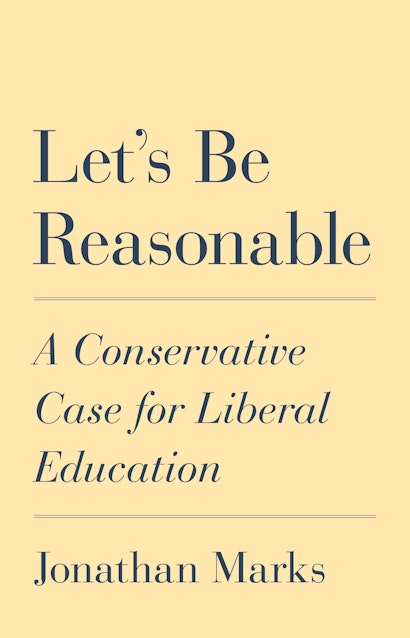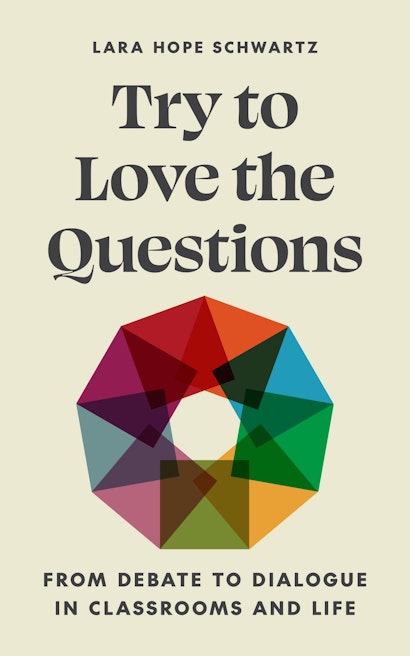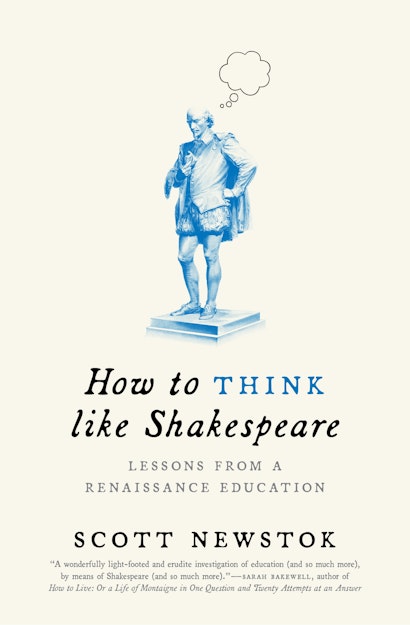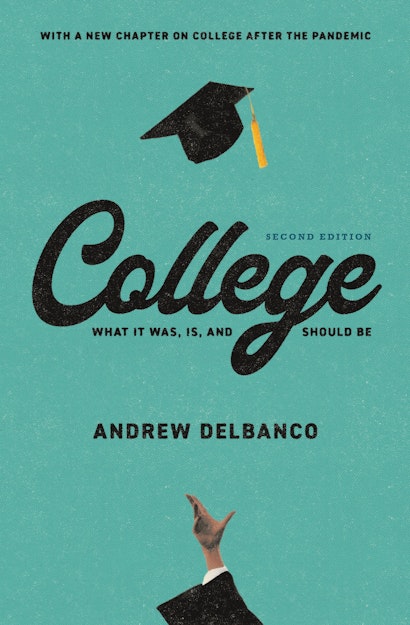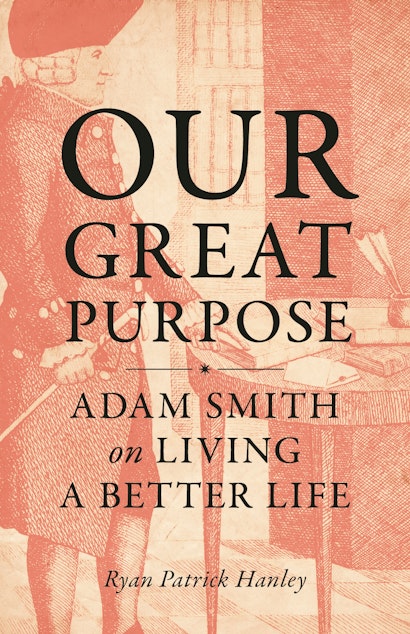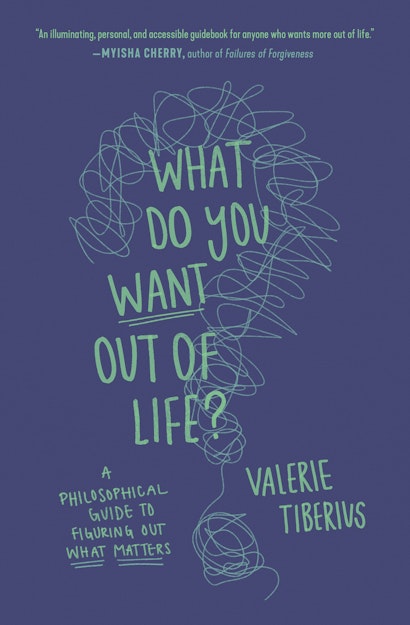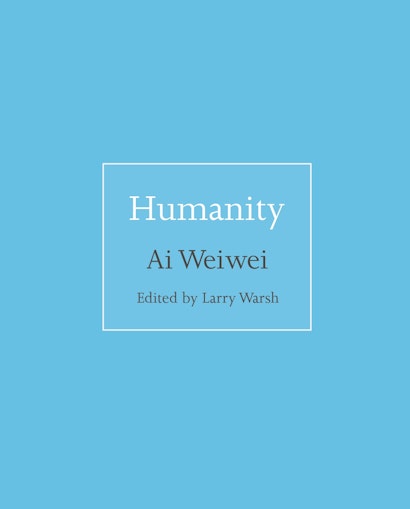According to the recent World Humanities Report, the humanities are threatened for the very reasons they are powerful. Literature, the arts, philosophy, aesthetics, history: these disciplines—once considered vital to understanding what it means to be human—remain crucial in providing frameworks for understanding human experience, fostering ethical reasoning, countering authoritarianism, and addressing societal problems. At a time when censorship, budget cuts, the dominance of technology and an emphasis on economic productivity have threatened and undermined so many facets of our human capacity for good, 91��ɫ celebrates and commits to work that supports the critical thinking and deep understanding that are essential to our collective future and its innovation.
What is the value of a liberal education? Traditionally characterized by a rigorous engagement with the classics of Western thought and literature, this approach to education is all but extinct in American universities, replaced by flexible distribution requirements and ever-narrower academic specialization. Many academics attack the very idea of a Western canon as chauvinistic, while the general public increasingly doubts the value of the humanities. In Rescuing Socrates, Dominican-born American academic Roosevelt Montás tells the story of how a liberal education transformed his life, and offers an intimate account of the relevance of the Great Books today, especially to members of historically marginalized communities.
In this short and powerful book, celebrated philosopher Martha C. Nussbaum makes a passionate case for the importance of the liberal arts at all levels of education. Translated into twenty-five languages, Not for Profit draws on the stories of troubling—and hopeful—global educational developments. Nussbaum offers a manifesto that should be a rallying cry for anyone who cares about the deepest purposes of education.
Not so long ago, conservative intellectuals such as William F. Buckley Jr. believed universities were worth fighting for. Today, conservatives seem more inclined to burn them down. In Let’s Be Reasonable, conservative political theorist and professor Jonathan Marks finds in liberal education an antidote to this despair, arguing that the true purpose of college is to encourage people to be reasonable—and revealing why the health of our democracy is at stake.
Try to Love the Questions gives college students a framework for understanding and practicing dialogue across difference in and out of the classroom. This invaluable guide explores the challenges facing students as they prepare to listen, speak, and learn in a college community and encourages students and faculty alike to consider inclusive, respectful communication as a skill—not as a limitation on freedom.
How to Think like Shakespeare is a brilliantly fun exploration of the craft of thought—one that demonstrates what we’ve lost in education today, and how we might begin to recover it. In fourteen brief chapters that draw from Shakespeare’s world and works, and from other writers past and present, Scott Newstok distills enduring practices that can make learning more creative and pleasurable.
As the commercialization of American higher education accelerates, more and more students are coming to college with the narrow aim of obtaining a preprofessional credential. The traditional four-year college experience—an exploratory time for students to discover their passions and test ideas and values with the help of teachers and peers—is in danger of becoming a thing of the past.
In College, prominent cultural critic Andrew Delbanco offers a trenchant defense of such an education, and warns that it is becoming a privilege reserved for the relatively rich. In describing what a true college education should be, he demonstrates why making it available to as many young people as possible remains central to America’s democratic promise.
Adam Smith is best known today as the founder of modern economics, but he was also an uncommonly brilliant philosopher who was especially interested in the perennial question of how to live a good life. Our Great Purpose is an illuminating guide to Smith’s incomparable wisdom on how to live well, written by one of today’s leading Smith scholars. Full of invaluable insights on topics ranging from happiness and moderation to love and friendship, Our Great Purpose enables modern readers to see Smith in an entirely new light—and along the way, learn what it truly means to possess an excellent character and lead a worthy life.
What do you want out of life? To make a lot of money—or work for justice? To run marathons—or sing in a choir? To have children—or travel the world? The things we care about in life—family, friendship, leisure activities, work, our moral ideals—often conflict, preventing us from doing what matters most to us. Even worse, we don’t always know what we really want, or how to define success. Blending personal stories, philosophy, and psychology, this insightful and entertaining book offers invaluable advice about living well by understanding your values and resolving the conflicts that frustrate their fulfillment.
David Hume (1711–1776) is perhaps best known for his ideas about cause and effect and his criticisms of religion, but he is rarely thought of as a philosopher with practical wisdom to offer. Yet Hume’s philosophy is grounded in an honest assessment of nature—human nature in particular. The Great Guide is an engaging and eye-opening account of how Hume’s thought should serve as the basis for a complete approach to life.
William James—psychologist, philosopher, and spiritual seeker—is one of those rare writers who can speak directly and powerfully to anyone about life’s meaning and worth, and whose ideas change not only how people think but how they live. The thinker who helped found the philosophy of pragmatism and inspire Alcoholics Anonymous, James famously asked, “is life worth living?” Bringing together many of his best and most popular essays, talks, and other writings, this anthology presents James’s answer to that and other existential questions, in his own unique manner—caring, humorous, eloquent, incisive, humble, and forever on the trail of the “ever not quite.”
In 1895, William James, the father of American philosophy, delivered a lecture entitled “Is Life Worth Living?” It was no theoretical question for James, who had contemplated suicide during an existential crisis as a young man a quarter century earlier. Indeed, as John Kaag writes, “James’s entire philosophy, from beginning to end, was geared to save a life, his life”—and that’s why it just might be able to save yours, too. Sick Souls, Healthy Minds is an absorbing introduction to James’s life and thought that shows why the founder of pragmatism and empirical psychology can still speak so directly and profoundly to anyone struggling to make a life worth living.
In an overloaded, superficial, technological world, in which almost everything and everybody is judged by its usefulness, where can we turn for escape, lasting pleasure, contemplation, or connection to others? While many forms of leisure meet these needs, Zena Hitz writes, few experiences are so fulfilling as the inner life, whether that of a bookworm, an amateur astronomer, a birdwatcher, or someone who takes a deep interest in one of countless other subjects. Drawing on inspiring examples, from Socrates and Augustine to Malcolm X and Elena Ferrante, and from films to Hitz’s own experiences as someone who walked away from elite university life in search of greater fulfillment, Lost in Thought is a passionate and timely reminder that a rich life is a life rich in thought.
Ai Weiwei (b. 1957) is widely known as an artist across media: sculpture, installation, photography, performance, and architecture. He is also one of the world’s most important artist-activists and a powerful documentary filmmaker. His work and art call attention to attacks on democracy and free speech, abuses of human rights, and human displacement—often on an epic, international scale.
